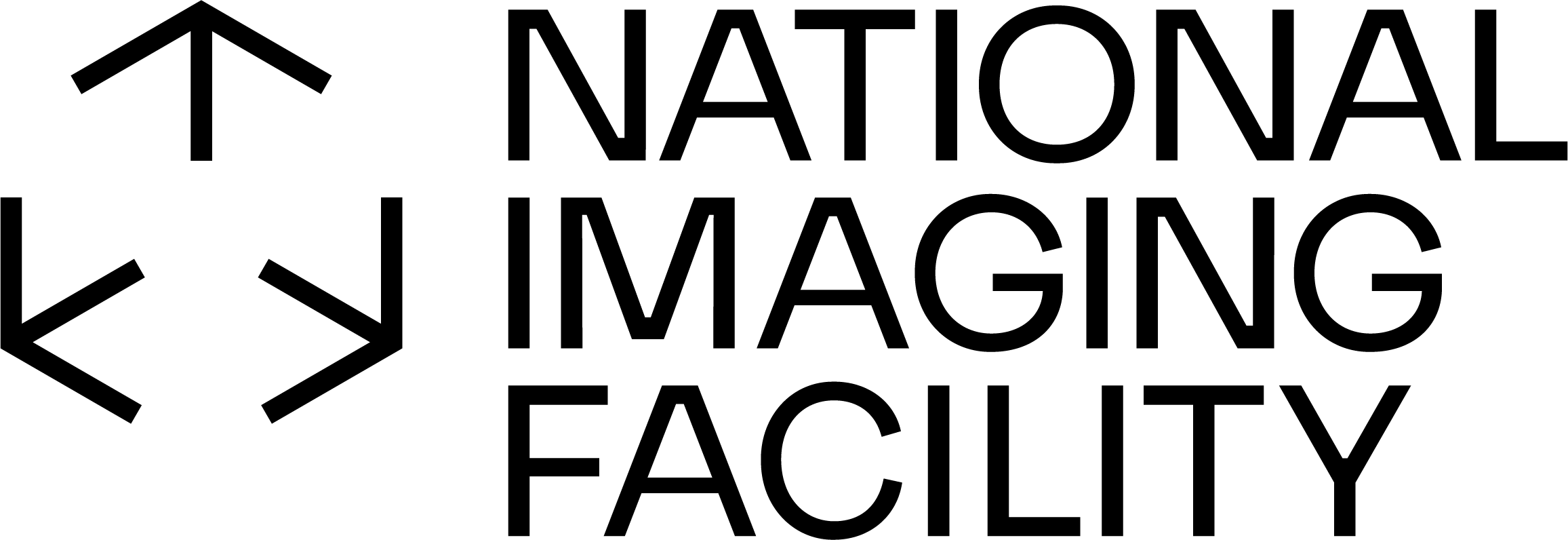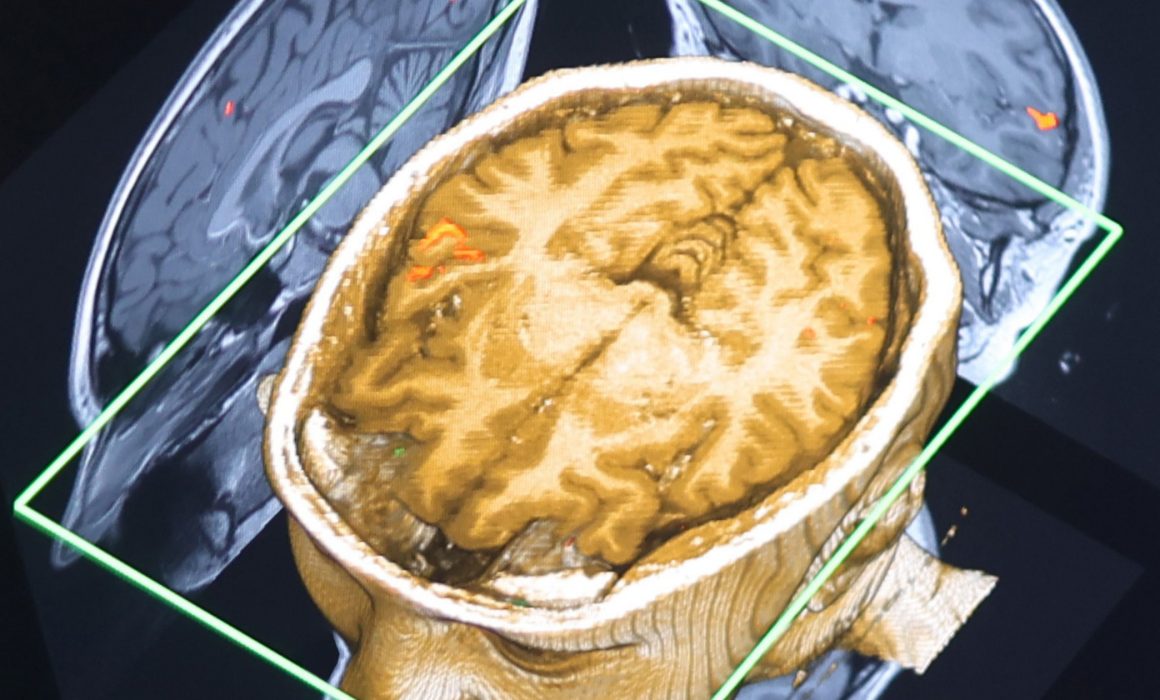NIF imaging to underpin research building complete picture of concussion
Concussion is a form of mild traumatic brain injury (mTBI). Across Australia each year, an estimated 35,000 people with reported mTBI experience symptoms that persist for months – or even years. There is a pressing need to develop improved clinical and imaging tools to aid early diagnosis and better monitor ongoing recovery for patients. NIF advanced imaging technology will be used to establish a national imaging data resource of people experiencing mTBI across Australia.
NIF is partnering with AUS-mTBI, a national consortium of clinicians, researchers, industry partners and decision-makers working to build Australia’s first clinical and imaging data resource of people experiencing mTBI.
The world-leading initiative aims to help provide a better understanding of normal patterns of recovery and to identify the risk factors associated with delays or persistent post-concussion symptoms.
Curtin University neuroscientist Professor Melinda Fitzgerald leads AUS-mTBI, with funding from the Federal Government’s Medical Research Future Fund, in collaboration with experts in brain biology, trauma, human behaviour, risk assessment, software design and development, support and patient care.
NIF imaging will play an important role in helping the consortium in realising its aims of better understanding – and ultimately treating – concussion.
NIF’s MRI technology will be used to scan the brains of people to be recruited to the research project in coming months.
This will improve understanding of each person’s brain biology to accurate predict their outcomes and guide personalised treatment.
Professor Fitzgerald says the imaging will validate the complex picture of concussion that AUS-mTBI is building, including each person’s unique biology, background and behaviour.
She says AUS-mTBI will build this complex picture of concussion as it expands upon the HeadCheck app to gather a range of information including demographic data and factors that will have a bearing on a person’s outcome.
The database will provide the information to people with concussion and clinicians to improve treatment recommendations.
“We aim to have an evidence-based resource for everyone who may come across someone with a concussion, especially GPs, physiotherapists and trainers,” Professor Fitzgerald says.
“The resource will also be for people with concussion who may not have sought access to clinical care.”
Professor Fitzgerald says concussion is complex and a detailed picture is needed to predict a patient’s outcome, ahead of personalising the treatment.
“In order to predict whether people will have continuing symptoms following a concussion, it’s important to have information about the type of injury, such as if the person had amnesia after the initial trauma, their mental health, previous concussions and even social factors such as family support and access to healthcare.
“The research will find out whether all this information helps with predicting which people may be likely to have long-lasting negative impacts or a delayed recovery.”
Up to 200,000 TBIs are reported each year in Australia, typically resulting from traffic accidents, falls, contact sports or acts of violence.
While about 180,000 are considered mild, an estimated 35,000 people can have long-lasting symptoms, such as headaches, dizziness, fatigue, irritability, anxiety, trouble sleeping, ringing in the ears and loss of concentration and memory.
AUS-mTBI will also develop programs designed with Aboriginal and Torres Strait Islander people and those in who live in rural and remote areas.
The research is starting with recruitment of people who will undergo brain scans using NIF capabilities at the University of Western Australia and University of Queensland Nodes.
Consortium members include Curtin, Monash, Edith Cowan, Griffith, Macquarie and Deakin universities, software company Curve Tomorrow, the Queensland Brain Institute, Poche Centre for Indigenous Health and support organisation Synapse Australia.
“This research is valuable because it will determine the best information to collect to predict the outcome of mild TBI, analyse that information to guide treatment, make treatment more consistent across Australia – and possibly the world – and provide personalised care plans,” Professor Fitzgerald says.
“We have an opportunity, through better healthcare, to improve quality of life for people with mild TBI and reduce the impacts on their families, our society and the healthcare system.”
The NCRIS Health Group
This cross-disciplinary research project is supported by National Imaging Facility and the Population Health Research Network as part of the NCRIS Health Group, assisting Australian researchers to leverage access to world-leading facilities for impactful outcomes.
The NCRIS Health Group enhances collaborative opportunities between infrastructure capabilities, enabling support across the whole research translation cycle. It includes Bioplatforms Australia (BPA), National Imaging Facility (NIF), Phenomics Australia, Population Health Research Network (PHRN) and Therapeutic Innovation Australia (TIA). Click here for more information.



